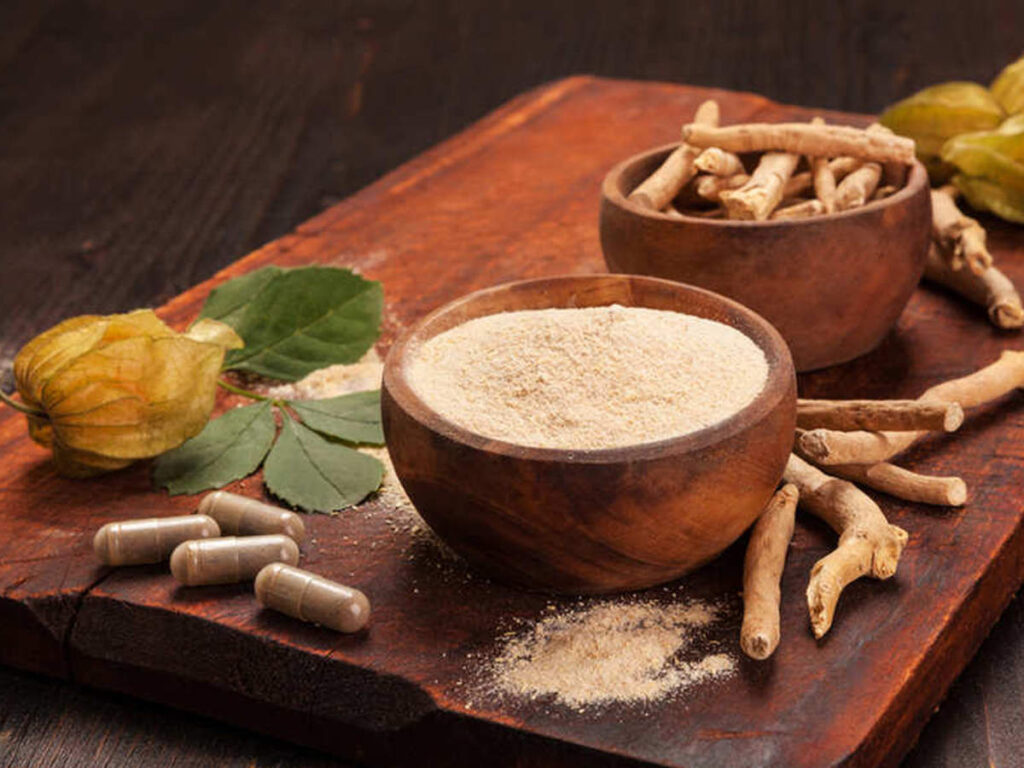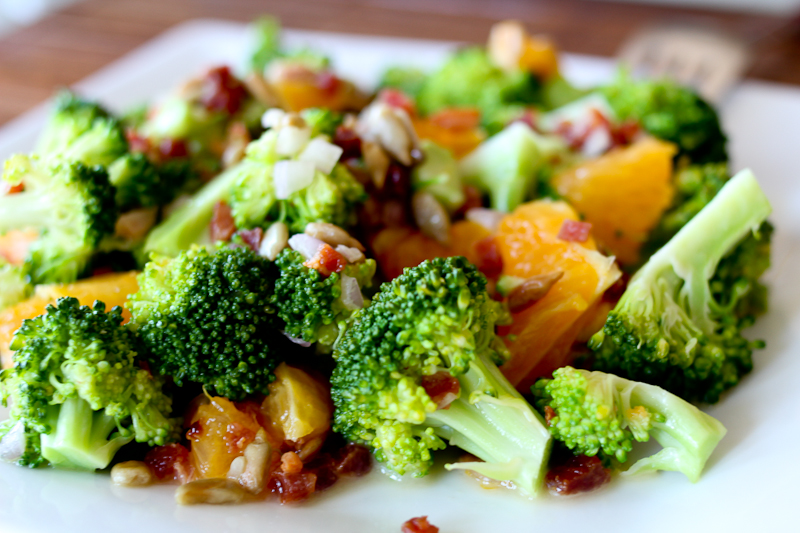
Testosterone is a male sex hormone. Testosterone is crucial in promoting the development of male sexual characteristics. It is required for building muscles and bones.
Women also require testosterone but in smaller amounts.
Low testosterone levels can affect your life in many ways. Even though testosterone therapy and medication play a major part in the treatment, natural remedies have also been shown to be beneficial.
There are traditional and Ayurvedic herbal medicines that can be included as part of a holistic approach to low T treatment. You can include certain foods that improve testosterone production.
There are also some lifestyle changes you can make, to naturally increase your low T levels.
Herbal Remedies for Low Testosterone

There are many herbs and supplements available that can stimulate the production of testosterone. These herbs work by treating the underlying cause of hormonal imbalance which lowers testosterone production.
Tribulus Terrestris (TT)/ Puncturevine
This tropical herb has been in use since ancient times as one of the best natural testosterone boosters. Also known as Tribulus Terrestris, the herb boosts testosterone production, increases sperm count, and promotes libido.
It is highly recommended as a treatment for erectile dysfunction and impotence (1). The leaf, root, and fruit can be taken in the form of tea, capsules, and tablets.
Horny Goat Weed/ Epimedium
The active compound present in this weed is Icariin, which plays a vital role in stimulating testosterone production.
Horny goat weed is believed to possess powerful aphrodisiac properties which are effective in treating erectile dysfunction (2).
Tongkat Ali
Scientifically named Eurycoma longifolia, Tongkat Ali is a flowering plant native to Indonesia. It has been in use as a herbal remedy as part of traditional Southeast Asian medicine.
Scientific studies have noted that supplementing with Tongkat Ali improves testosterone production (3).
Ashwagandha
This Ayurvedic herb has been used as a traditional medicine for boosting testosterone production. Researchers have found that Ashwagandha can increase sperm count, the volume of ejaculation, and sperm motility. It also aids in luteinizing hormone production that causes the testicles to make more testosterone (4), (5).
Other herbal remedies that people really vouch for are wild oats, Yohimbe, Ginkgo biloba, Chinese yam, turmeric, motherwort, and prickly ash bark.
Some of these stimulate your circulatory system and support the organs that produce testosterone. Others are testosterone enhancers that improve T-production.
Lifestyle Changes to Boost Testosterone Naturally

Positive changes in lifestyle can support testosterone production. This can go a long way to ensure good levels of testosterone in the body. It can also reduce the complications of a long-term testosterone deficiency. These are:
Weight loss
Obesity is one of the root causes of estrogen excess and low testosterone. Reducing weight, especially your belly fat, can help tackle this problem (6).
Fat cells contain an enzyme called the aromatase enzyme. This converts testosterone into estrogen. That means an excess of body fat produces higher estrogen levels. This, in turn, downregulates testosterone production resulting in low T.
Exercise and Weight Lifting
Several studies have confirmed that physical exercise helps increase testosterone production (7), (8). Resistive strength exercises such as weight lifting and aerobic exercise can have a significant effect on T-production (9).
Other than that, high-intensity interval training (HIIT) has been shown to increase T-production (10). In fact, a combination of weight lifting and HIIT or cardiovascular exercise can be the most beneficial.
Though exercise is highly beneficial in various ways, excessive intense prolonged exercise can backfire on you. It can increase your cortisol levels thereby aggravating low T (11).
Building Muscles with Resistance Training
As mentioned earlier, exercises that help increase muscle mass also boost T-production. This is because muscles trigger the body to produce more testosterone.
Getting Enough Sleep
It has been shown that sleep can help increase your testosterone levels. The better your sleep quality, the healthier is your testosterone levels (12).
Reducing Stress and Cortisol Levels
Stress and low T go hand in hand. Stress can lower T-production while low T can lead to stress (13). Therefore lowering your stress can be the solution to your problem of testosterone deficiency.
Eat Protein, Good Carbs, and Healthy Fats
A balanced diet that contains sufficient protein is rich in micronutrients such as zinc, magnesium and a good amount of healthy fat can boost your T-levels.
These are healthy ways to lose fat and increase muscle. Both are associated with testosterone boosting (14), (15).
Get more Sun or Vitamin D
Vitamin D supplements may increase T-production (16), (17).
Herbs
Certain natural herbs such as Ashwagandha and fenugreek are frequently singled out as effective testosterone boosters in Ayurvedic medicine (18), (19).
Some other points that you should keep in mind are:
- Avoid medications that lower testosterone production such as opioids, and anabolic steroids. Corticosteroids and too many NSAIDs also contribute to reduced testosterone levels.
- Minimize daily exposure to BPA, parabens, and other chemicals found in some types of plastic.
- Whether it is recreational or medical, reduce or stop alcohol or drug use. Do not smoke.
- Avoid tight underwear and trousers
Low T-Foods (The Foods that Lower Testosterone)
As mentioned earlier, diet is very important in the production of hormones. There are certain foods that can cause a drop in testosterone production, while others can boost its secretion.
The former group of foods is known as low T foods. They contain substances called “phytoestrogens”. This mimics the function of estrogen giving the body a sense of estrogen excess. In response, your body lowers testosterone production.
These foods include:
- GMO (genetically modified) foods
- Soy and soy products such as soy protein isolates, soy oil.
- Processed foods
- Licorice root
- Too much sugar or refined carbohydrates can increase estrogen in your body.
- Too much coffee drinking can increase estrogen by converting more and more testosterone into a form of estrogen called estradiol. Drinking herbal teas are a better choice.
- Conventional meat and commercial dairy products. The animals are injected with hormones such as growth hormones and steroids that find their way into the meat and milk.
- Drinking too much alcohol can decrease the production of testosterone in males.
- Healthy fat from sources such as coconut oil, ghee, butter, etc helps in testosterone production. It is better to avoid eating trans fats and too much omega-6 fatty acids.
High T-Diet (Diet that Helps Increase the Production of Testosterone Naturally)

Cruciferous vegetables: Have cruciferous foods such as kale, broccoli, cabbage, bok choy. These are anti-estrogenic foods. They have DIM (Diindolylmethane) which works as natural aromatase inhibitors (20).
Stinging nettle root: This root can help in increasing T-levels by blocking the estrogen. They are available in the market as supplements (21).
Vitamin D-rich foods: Foods that are rich in vitamin D are natural testosterone boosters. Some of the foods include tuna, egg yolks, and fortified cereals (22).
Zinc-rich foods: Foods such as oysters, shellfish, beef, poultry, whole grain, nuts, and beans are high in zinc content. This particular mineral supports testosterone production in males (x), (x).
Before you go…
Testosterone is a very important hormone in both males and females. It has a wide range of functions. Therefore, low testosterone can negatively impact your physical and psychological health.
Low testosterone can be increased naturally. A healthy lifestyle and good nutritious food boost T-production. Vitamin supplements and herbs such as ashwagandha have been shown to have T-boosting effects.
A proper change in the quality of life and incorporating the right food can help you tackle low T and its complications.
